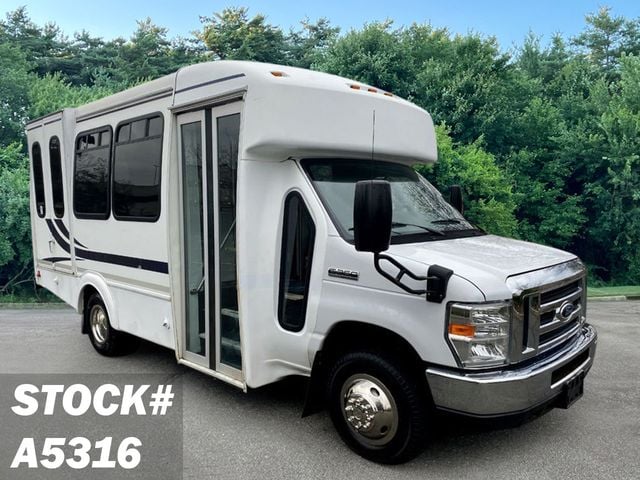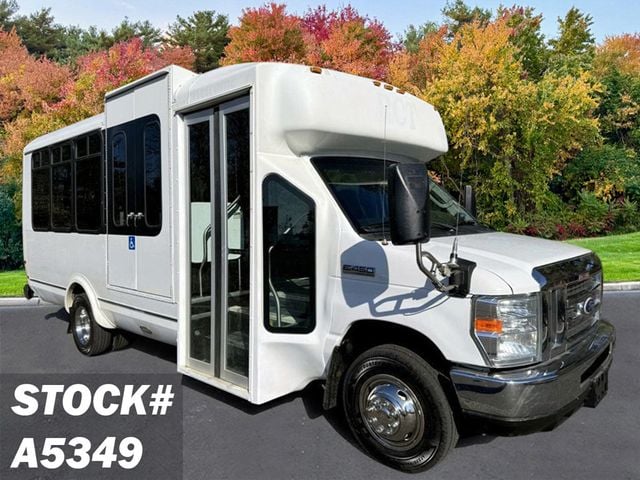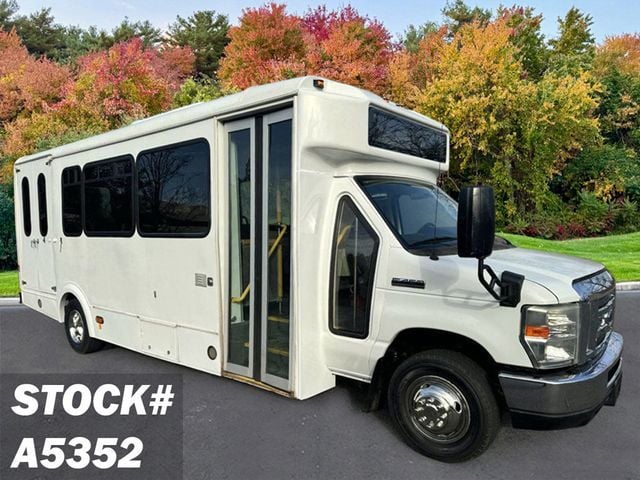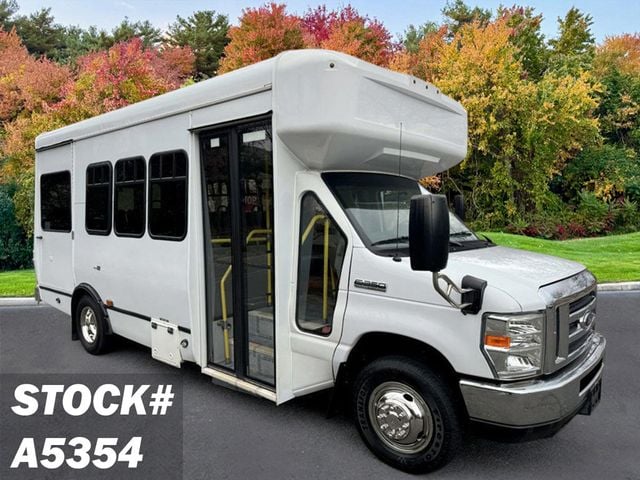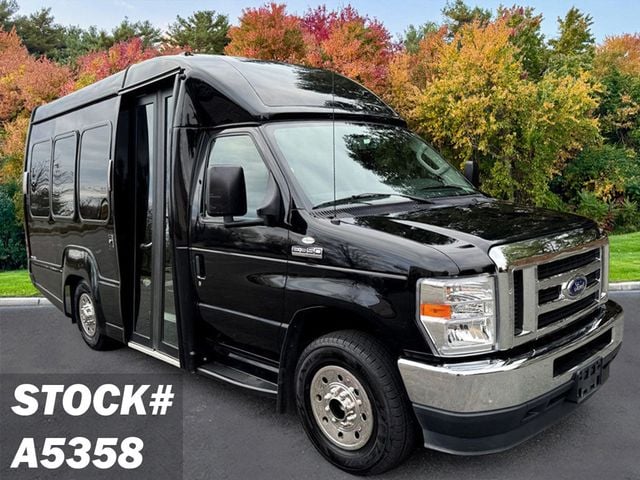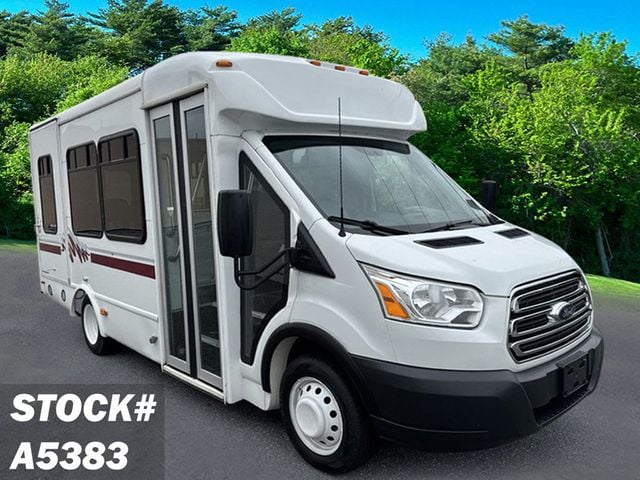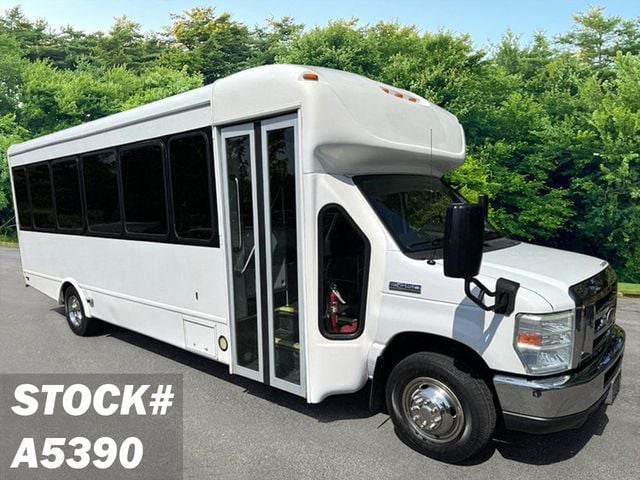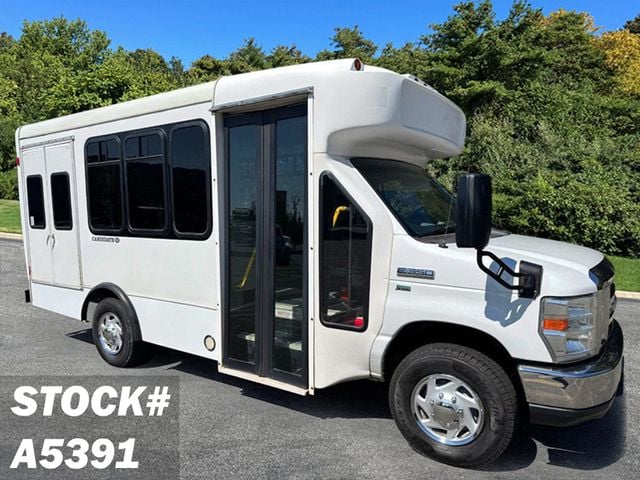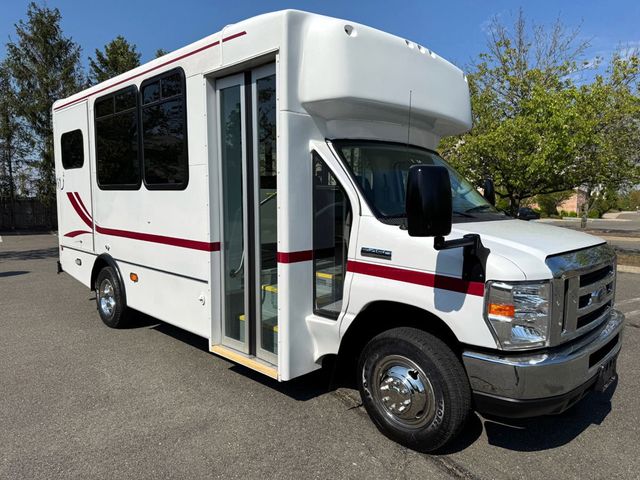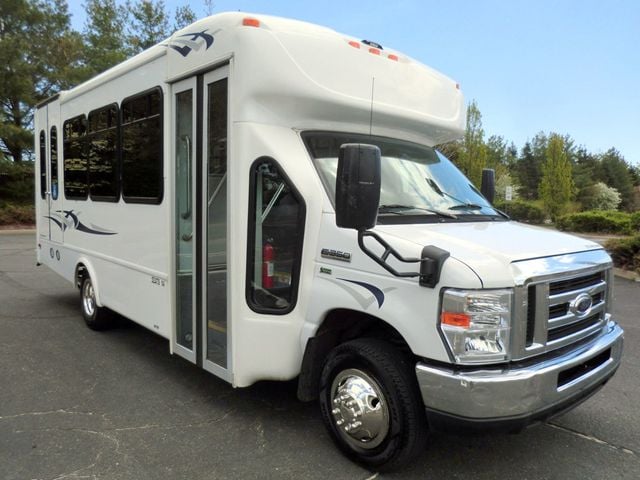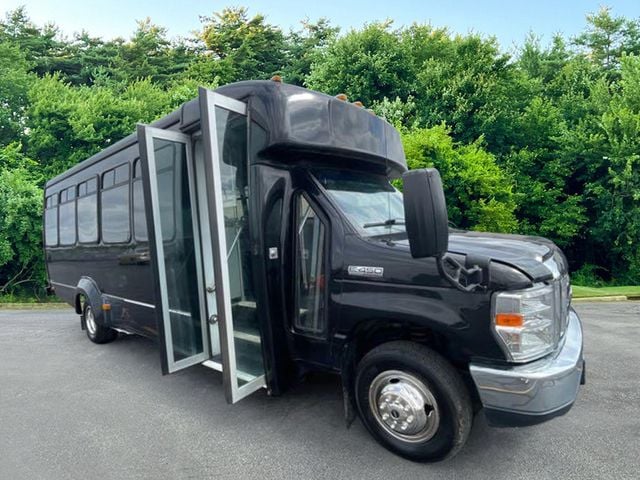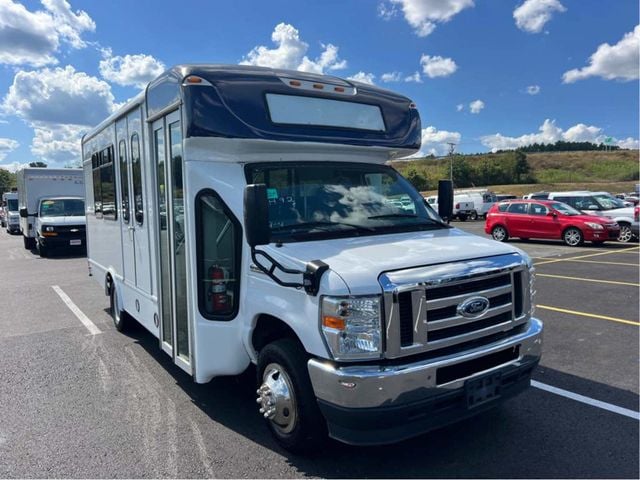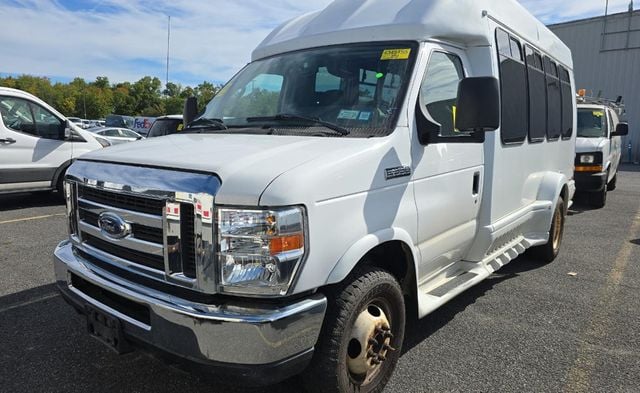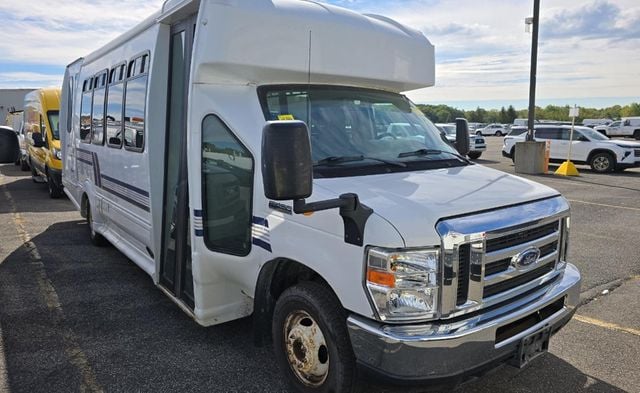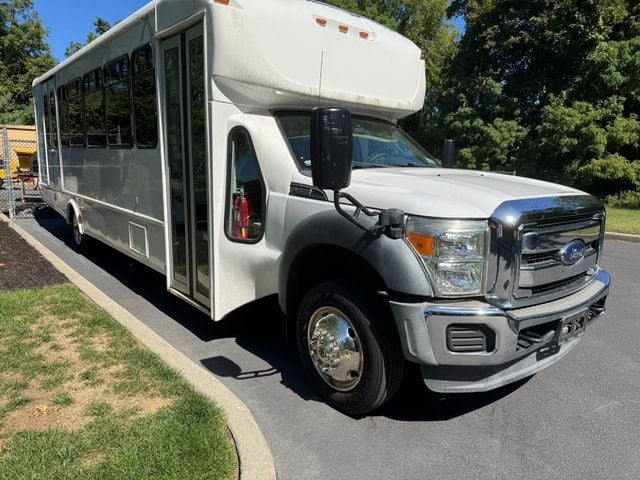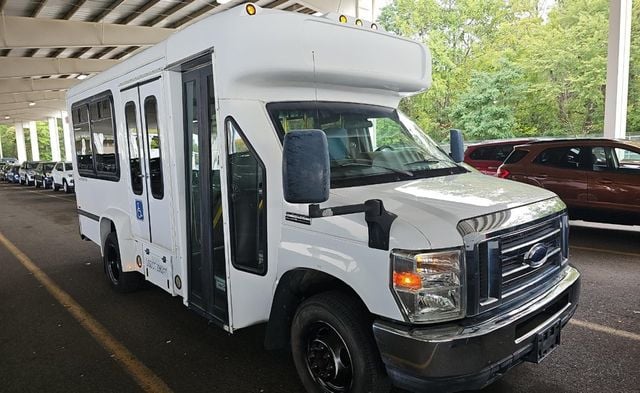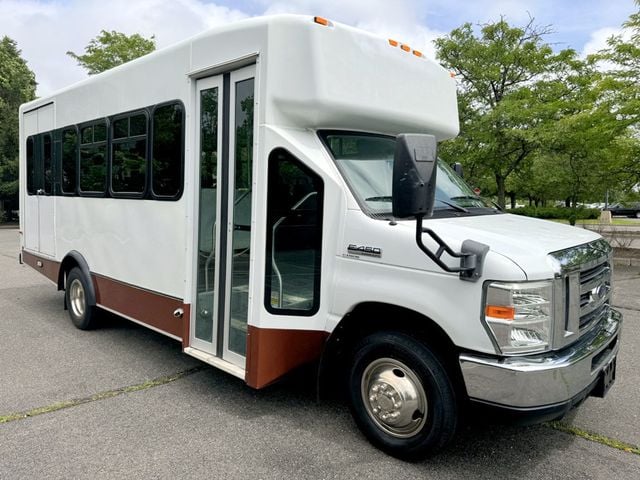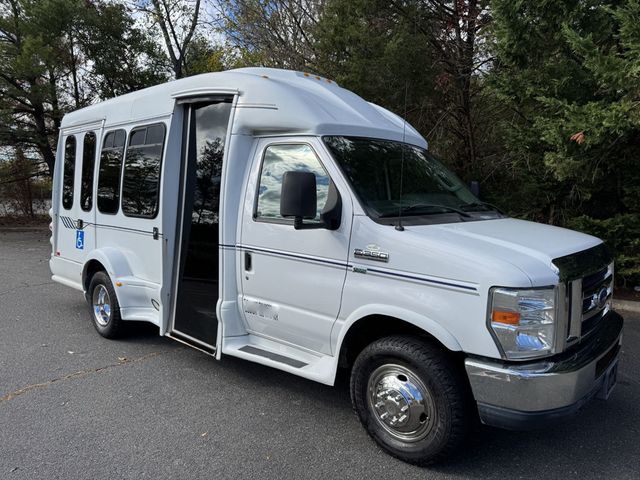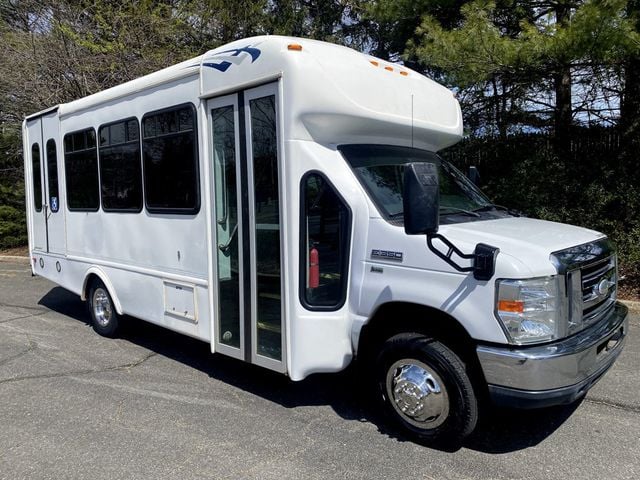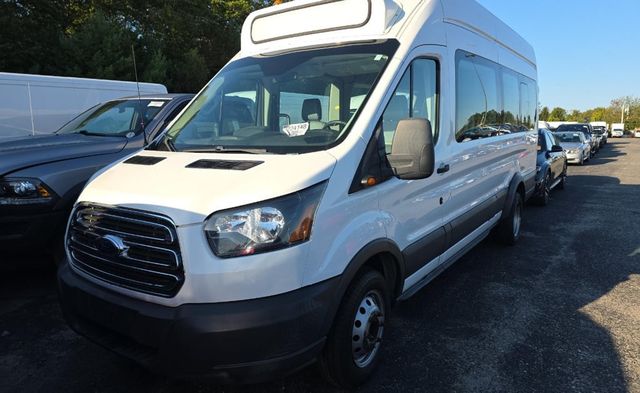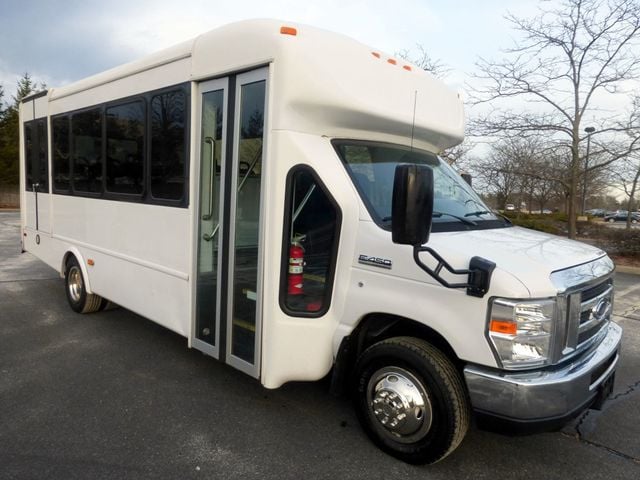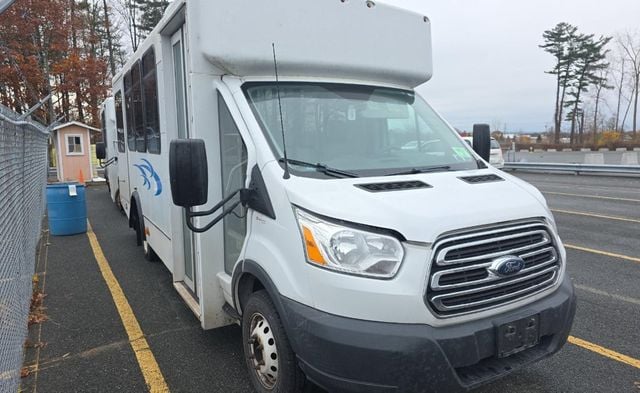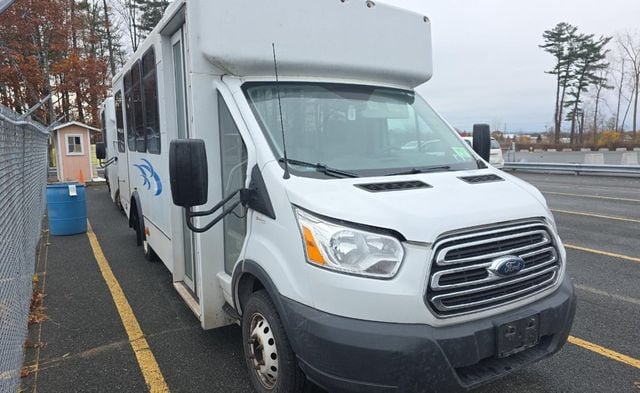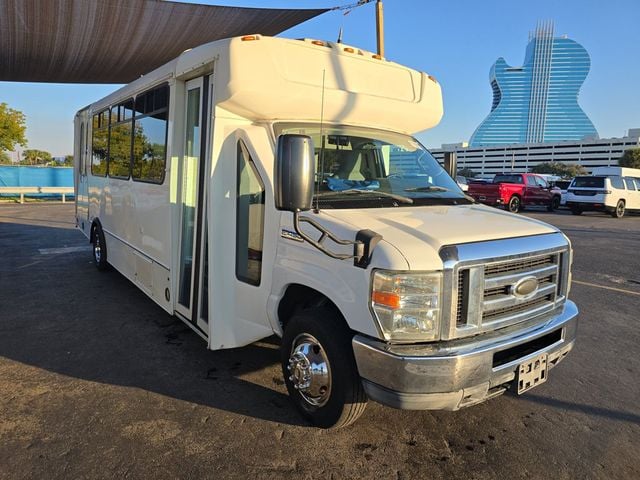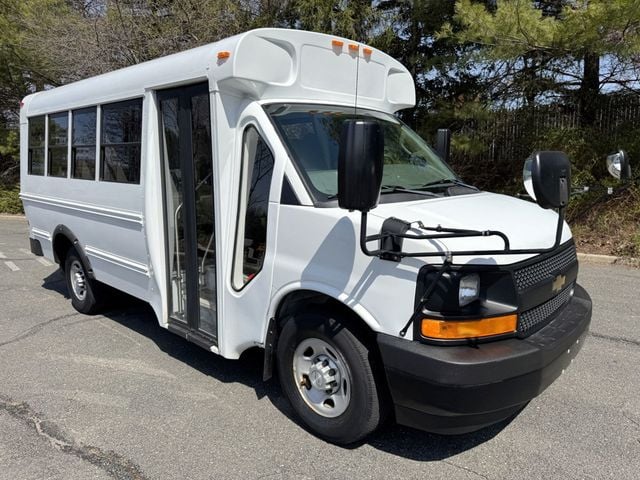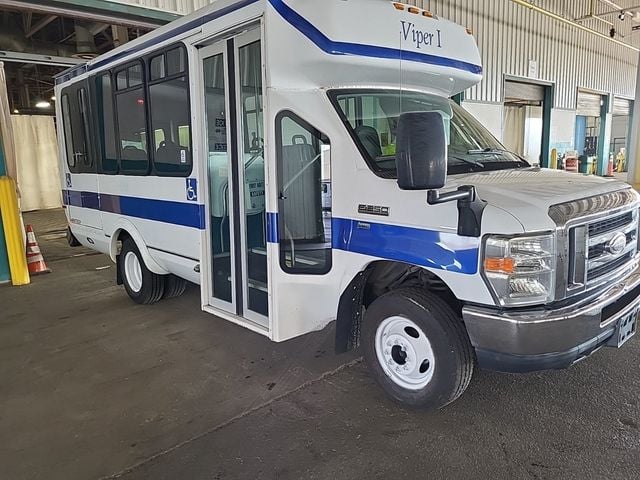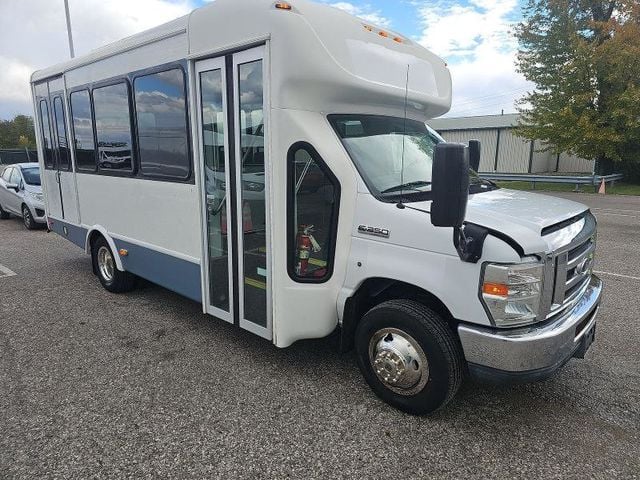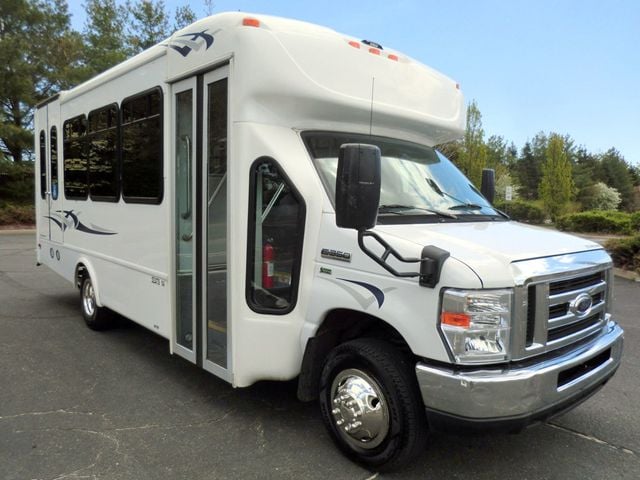America’s aging population creates a growing demand for reliable senior transportation services. Whether you’re a nonprofit, an adult day care, a senior living facility, or an entrepreneur launching a new business, providing safe transportation for seniors is both rewarding and financially viable.
After 40 years of helping organizations launch successful senior transport programs, Major Vehicle Exchange has seen what works. Here’s your complete guide to getting started.
Why Senior Transportation Matters
Over ten million seniors in the United States lack adequate transportation, limiting their access to medical appointments, grocery shopping, social activities, religious services, and family visits. The need is real—and growing as baby boomers age. Organizations that provide reliable senior transport fill a critical community gap.
Define Your Service Model
Community Nonprofit Model
Best for: Churches, community centers, volunteer organizations
Services typically offered: Medical appointment shuttles, grocery shopping trips, social event transportation, weekly scheduled routes
Revenue: Donations, grants, membership fees, suggested contributions
Commercial Senior Transport Business
Best for: Entrepreneurs, existing medical transport companies
Services offered: Non-emergency medical transport (NEMT), adult day care shuttles, senior living facility contracts, private pay transportation
Revenue: Per-trip fees, monthly contracts, Medicaid reimbursement
Facility-Based Transportation
Best for: Senior living communities, independent living, adult day care, nursing homes
Services offered: Resident medical appointments, group outings and activities, shopping trips, family event transportation
Revenue: Built into facility fees or membership dues
Explore senior transport vehicle options →
Choose the Right Vehicle
What Makes a Good Senior Transport Bus?
Seniors need specific features that standard shuttle buses don’t always provide.
Essential Features:
Easy Boarding:
● Low-step entry from the ground
● Sturdy grab rails on both sides
● Non-slip step surfaces
● Adequate lighting at entry points
Mobility Aid Accommodation:
● Wheelchair accessible options with ADA-compliant lifts
● Storage for walkers, canes, rollators
● Wide aisles for movement
● Flexible seating configurations
Comfort Features:
● Cushioned seats with lumbar support
● Climate control (critical for senior health)
● Smooth suspension for comfortable rides
● Reading lights, handgrips, and or handrails throughout
Safety Equipment:
● Onboard cameras and mirrors
● First aid kits
● Fire extinguishers
● Two-way communication with dispatch
View our senior transportation bus inventory →
Meet Legal Requirements
Business Licensing
Depending on your state and service type, you’ll need business licenses, commercial vehicle registration, NEMT provider licenses (if billing Medicaid), DOT numbers (for certain interstate operations), and county/city operating permits.
Insurance Requirements
Minimum coverage typically includes:
● One million dollars general liability (at a minimum)
● Comprehensive commercial auto insurance
● Workers’ compensation (if you have employees)
● Passenger accident insurance
Special considerations for senior transport:
● Higher liability limits recommended
● Medical malpractice riders (for NEMT)
● Volunteer driver coverage (for nonprofits)
Driver Qualifications
All senior transport drivers need:
● Valid driver’s license
● Clean driving record
● Background check and drug screening
● CPR/First Aid certification recommended
● Passenger assistance training
CDL requirements:
● NOT required for buses under 26,000 lbs with fewer than sixteen passengers in most locations
● Most senior transportation operations use non-CDL vehicles
Calculate Startup Costs
Initial Investment Breakdown:
Vehicle Purchase:
● Passenger senior bus: $25,000-$45,000
● Wheelchair accessible bus: $30,000-$60,000
● Reconditioned vs. new: Save $75,000-$200,000 buying reconditioned
Insurance (Annual):
● Liability and commercial auto: $4,000-$20,000
● Higher for commercial operations vs. nonprofits
Licensing & Permits:
● Business formation: $200-$1,000
● Vehicle registration: $200-$800
● Operating permits: $100-$500
Equipment & Supplies:
● First aid kits, fire extinguishers: $200
● Two-way radios/communication: $300-$800
● Wheelchair securements (if needed): Included with wheelchair buses
● Signage and branding: $500-$2,000
Marketing & Operations:
● Website and marketing materials: $1,000-$3,000
● Dispatch software (optional): Monthly subscription
● Office setup: $500-$2,000
Total Startup Range: $30,000-$80,000, depending on vehicle choice and service model
Build Your Revenue Model
Pricing Strategies
Per-Trip Pricing:
● Local medical appointments: Per trip
● Grocery/shopping trips: Round-trip pricing
● Social events: Per person rates
Monthly Membership:
● Unlimited rides: Monthly subscription
● Limited rides: Reduced monthly rate
Contract Services:
● Senior living facilities: Monthly per vehicle
● Adult day cares: Monthly service contracts
● Regular scheduled routes: Per route pricing
Grant Funding & Donations (Nonprofits):
● Community foundation grants
● State/county aging services funding
● Corporate sponsorships
● Individual donations
Revenue Potential
With a properly modeled business plan and well-managed services, senior transportation businesses can become financially sustainable within 12 to 18 months of operation.How Major Vehicle Exchange Supports Your Launch
We specialize in helping organizations start senior transportation services.Vehicle Selection Guidance
● Free consultation on vehicle needs
● Low-step shuttle buses are perfect for seniors
● Wheelchair accessible options with grab rails and wide aisles
● Non-CDL configurations to simplify driver requirements
Financing Assistance
● Work with lenders specializing in commercial vehicles and startups
● Flexible term options
● Competitive rates for qualified buyers
● Trade-in evaluations for upgrading
Compliance Support
● State-specific requirement guidance
● ADA compliance verification
● Insurance provider referrals
● Driver training resources
Call Charlie at (516)333-7483 to discuss your senior transportation business plan and find the right vehicle.
Browse senior transportation buses →
Frequently Asked Questions
Q: Do I need special training to start a senior transport service?A: While not legally required in most states, senior transport training is highly recommended. Topics include passenger assistance, dementia awareness, wheelchair securement, and emergency procedures. We can refer you to training providers.
Q: Can seniors with walkers use a standard shuttle bus?
A: Yes! Senior transport buses should have dedicated walker/rollator storage and wide aisles. Even non-wheelchair buses can accommodate ambulatory seniors with mobility aids.
Q: What’s the best passenger capacity for senior transport?
A: Most successful senior services use passenger buses with seating for twelve to fifteen. This size balances capacity with maneuverability and stays under CDL requirements. Smaller groups also allow more personalized service.
Q: Should I buy new or reconditioned for a startup?
A: Most startups choose reconditioned senior buses to preserve capital. You’ll save significantly vs. new, freeing funds for operations, marketing, and insurance. Our reconditioned buses are fully safety-certified and reliable.
Q: How many wheelchair positions do I need?
A: Start with two wheelchair positions and eight to twelve ambulatory seats. This handles most senior populations. Track your actual needs for ninety days, then adjust future vehicle purchases accordingly.
Launch Your Senior Transportation Service with Confidence
Starting a senior transportation service makes a real difference in your community while creating sustainable revenue. With the right vehicle, proper planning, and expert guidance, you can launch successfully.
Ready to get started?
Call: (516)333-7483
Email: info@getanybus.com
Browse: getanybus.com/senior-transportation
We’ll help you choose the perfect vehicle, navigate requirements, and launch your senior transport program.
Related Articles:
● How to Evaluate a Wheelchair Accessible Bus
● Non-CDL Shuttle Buses: Why They’re Perfect for Startups
● Understanding Bus Ownership Costs
About Major Vehicle Exchange: Since 1985, we’ve helped hundreds of organizations launch successful senior transportation services with properly equipped reconditioned buses. We understand startup budgets and provide ongoing support beyond the sale.
Comments are closed.
